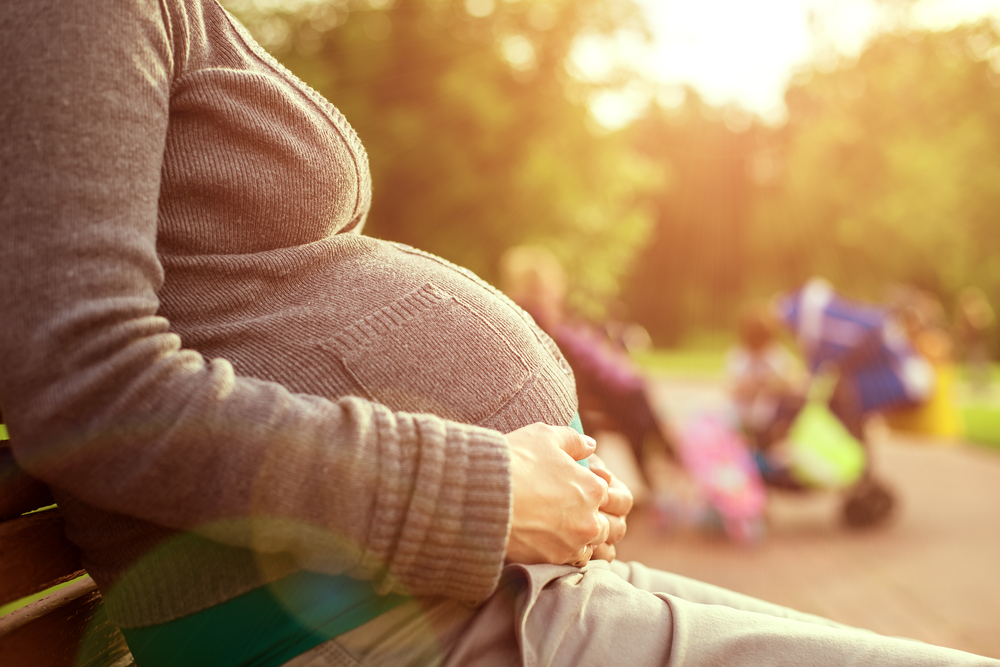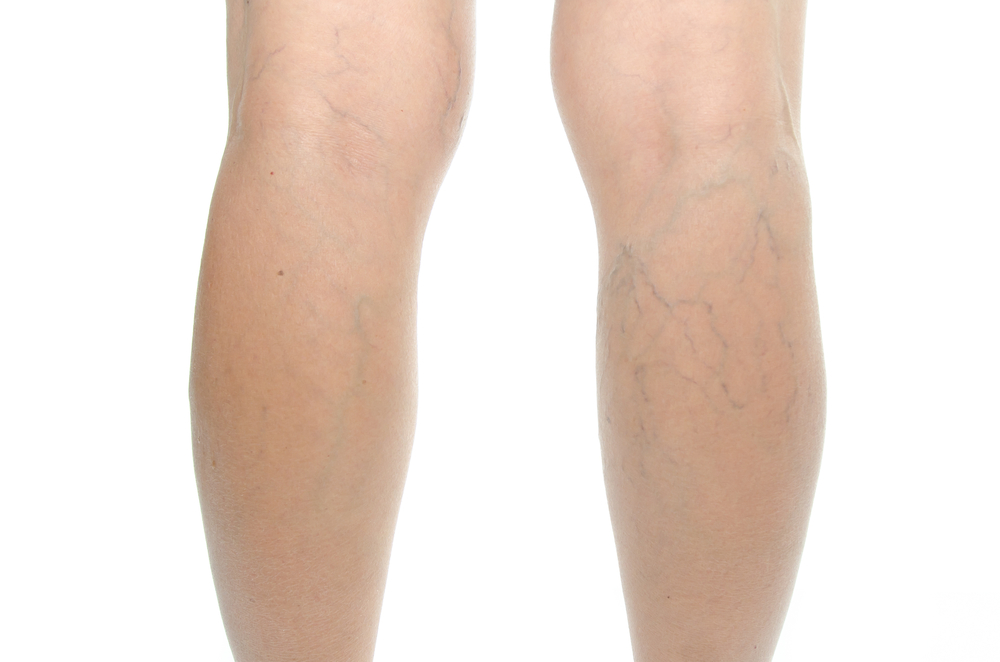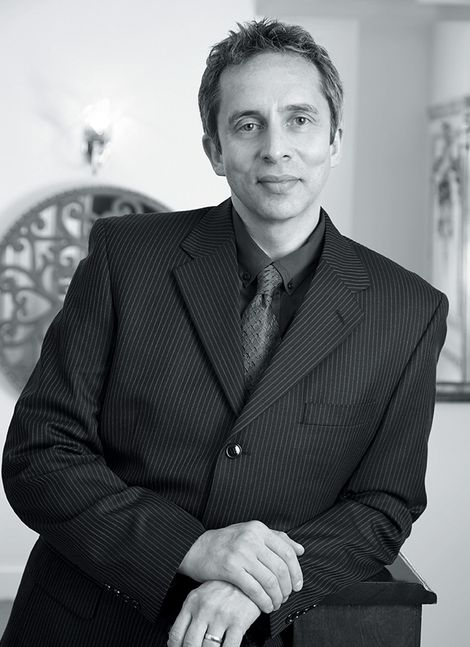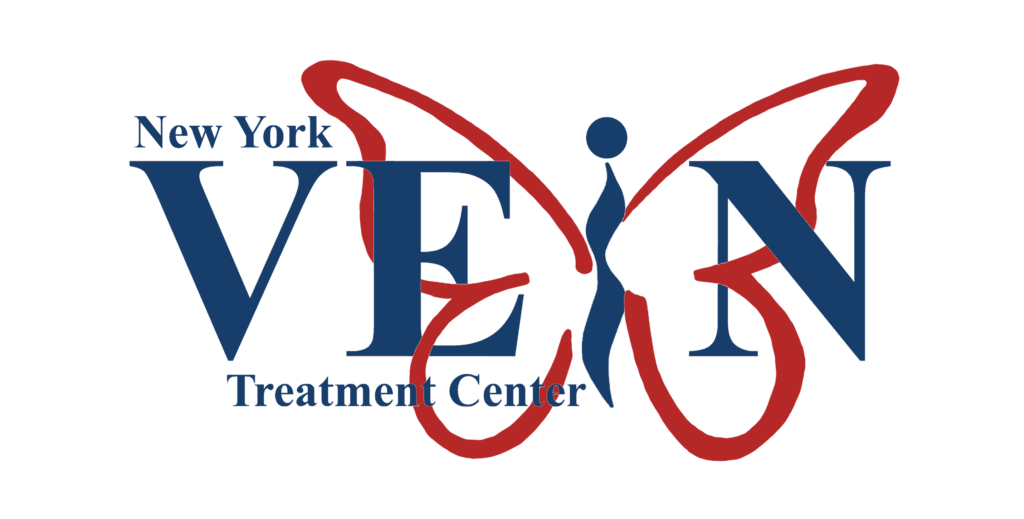
During pregnancy, women experience many physical and physiological changes. One of these changes that can occur is the development of varicose veins – those enlarged, bulging, twisted veins that appear on the legs as well as other parts of the body. Varicose veins are common and affect up to 55 percent of women during their lifetimes, and many women first develop them during pregnancy. In fact, pregnancy is one of the major risk factors for varicose veins.
Causes and Symptoms
So, why do many women develop varicose veins during pregnancy? During pregnancy, a woman’s blood volume increases, while the speed at which her blood returns from the legs to the pelvis decreases. These things, combined with the increased pressure applied on the inferior vena cava (a large vein that carries deoxygenated blood into the heart) puts more pressure on the veins inside the legs, resulting in the development of varicose veins. A pregnant woman’s increased level of the hormone progesterone causes the veins to dilate and the blood to pool, which can also contribute to varicose veins. In addition to the legs, varicose veins can also appear in the vulva or in the lower rectum or anus as hemorrhoids.

Those who have a family history of varicose veins have an increased risk of developing them. Your risk increases with age, and lack of movement, such as standing or sitting for prolonged periods of time, can also increase your risk. If you have already developed varicose veins, you may be experiencing discomfort, such as heaviness or tiredness of the legs, aching, throbbing or swelling. The good news is in many cases varicose veins in pregnant women are not a major health issue, just uncomfortable. However, if the varicose veins become more pronounced, they can cause bleeding, superficial blood clotting and more severe issues. If you have varicose veins, you should consult a laser vein removal doctor in NYC to examine the severity of your case.
Prevention
In most cases, varicose veins subside three to six months after giving birth. There are also several things you can do to lessen your risk of developing them:
- Exercise daily. Exercise is among the best ways to increase circulation and ward off varicose veins. The American College of Obstetricians and Gynecologists recommends getting at least 30 minutes of moderate exercise most days of the week.
- Elevate your legs. When you’re relaxing or resting at home, keep your legs elevated at a position higher than your heart to promote circulation. Rest your legs on a stool when you’re sitting and elevate them with a pillow when you’re lying down.
- Sleep on your left side. The interior vena cave is located on the right side of your body. Lying on your left side will help alleviate the weight of your uterus on the vein and help blood return to the right side.
- Don’t sit or stand for long periods. Sitting or standing for prolonged periods can increase your risk of developing varicose veins. If you work in an office, get up every so often to walk and stretch your legs. If you are required to stand for long periods, try to keep moving, shift your weight between legs and take breaks to sit down.
- Manage your weight. Rapid weight gain can be tough on your veins. Talk to your doctor about how much weight you should be gaining during your pregnancy.
- Avoid constipation. Constipation can cause hemorrhoids, a type of varicose veins. Be sure to drink plenty of water, eat a fiber rich diet and limit your salt intake.
- Wear compression stockings. Compression stockings are available in a variety of different compression levels and help direct blood back to the heart.
To mitigate your risk of varicose veins, talk to a vein specialist. The New York Vein Treatment Center is a laser vein removal clinic in NYC that specializes in venous disorders of the lower extremities. Dr. Khitin will evaluate the severity of your varicose veins and suggest the proper treatment if necessary. Call today for a free consultation: (212) 575-8346.

Dr. Lev Mark Khitin, a leading cardiovascular and thoracic surgeon, is the founder of the New York Vein Treatment Center. With almost 20 years of experience and over 20,000 successful vein procedures, he is a renowned expert in the diagnosis and treatment of venous disease. Dr. Khitin’s patient-centered approach and advanced surgical skills have consistently delivered excellent results, making him a prominent figure in the field.

